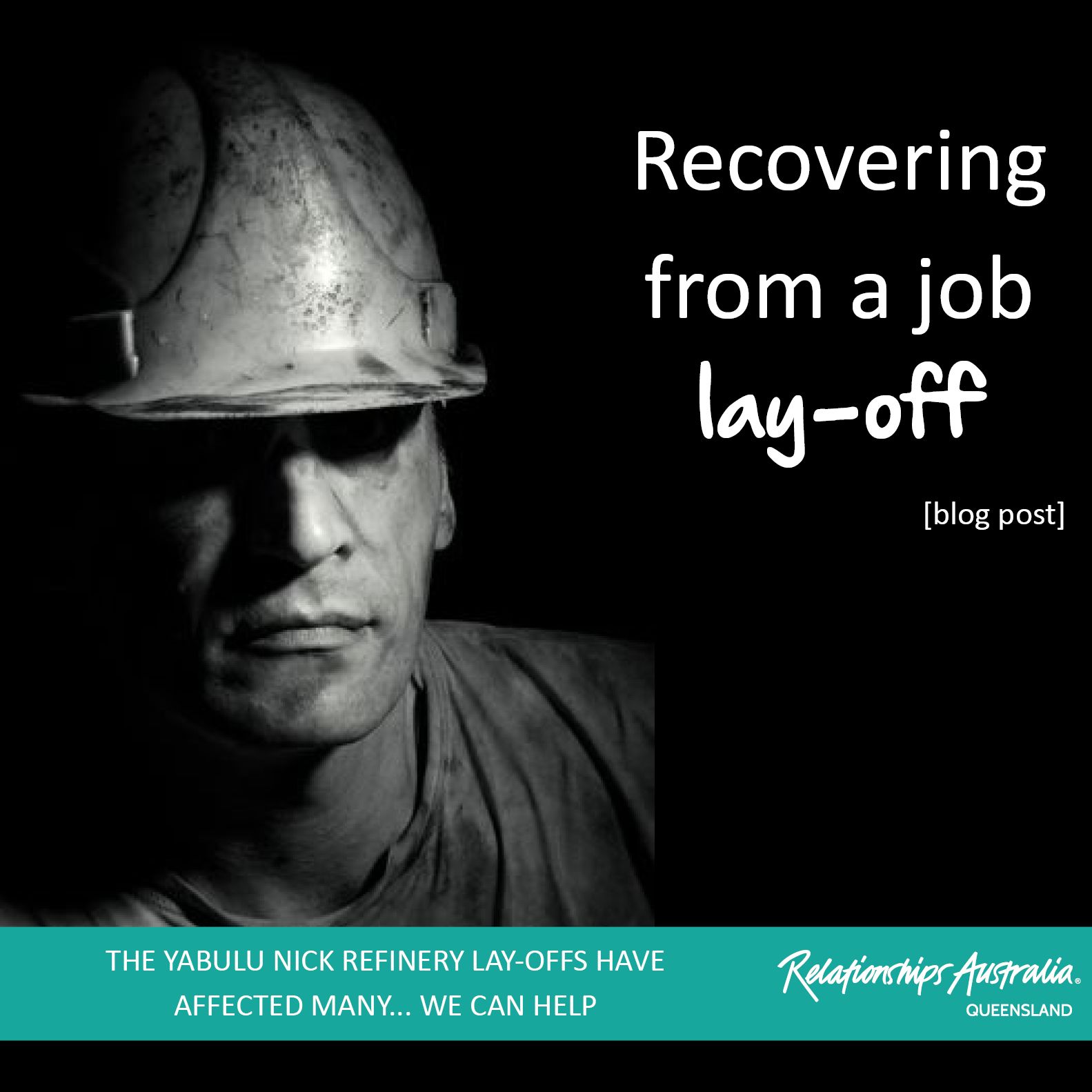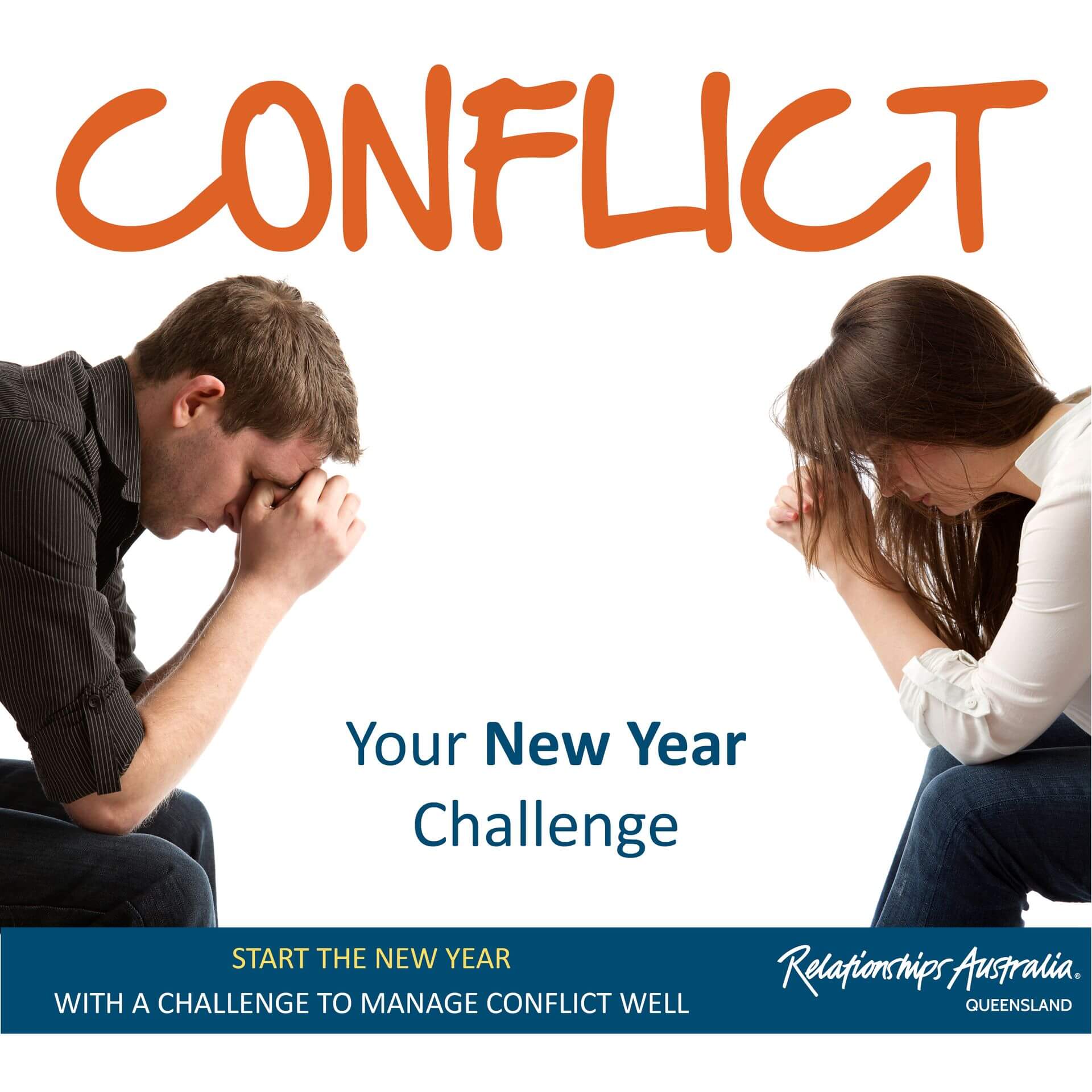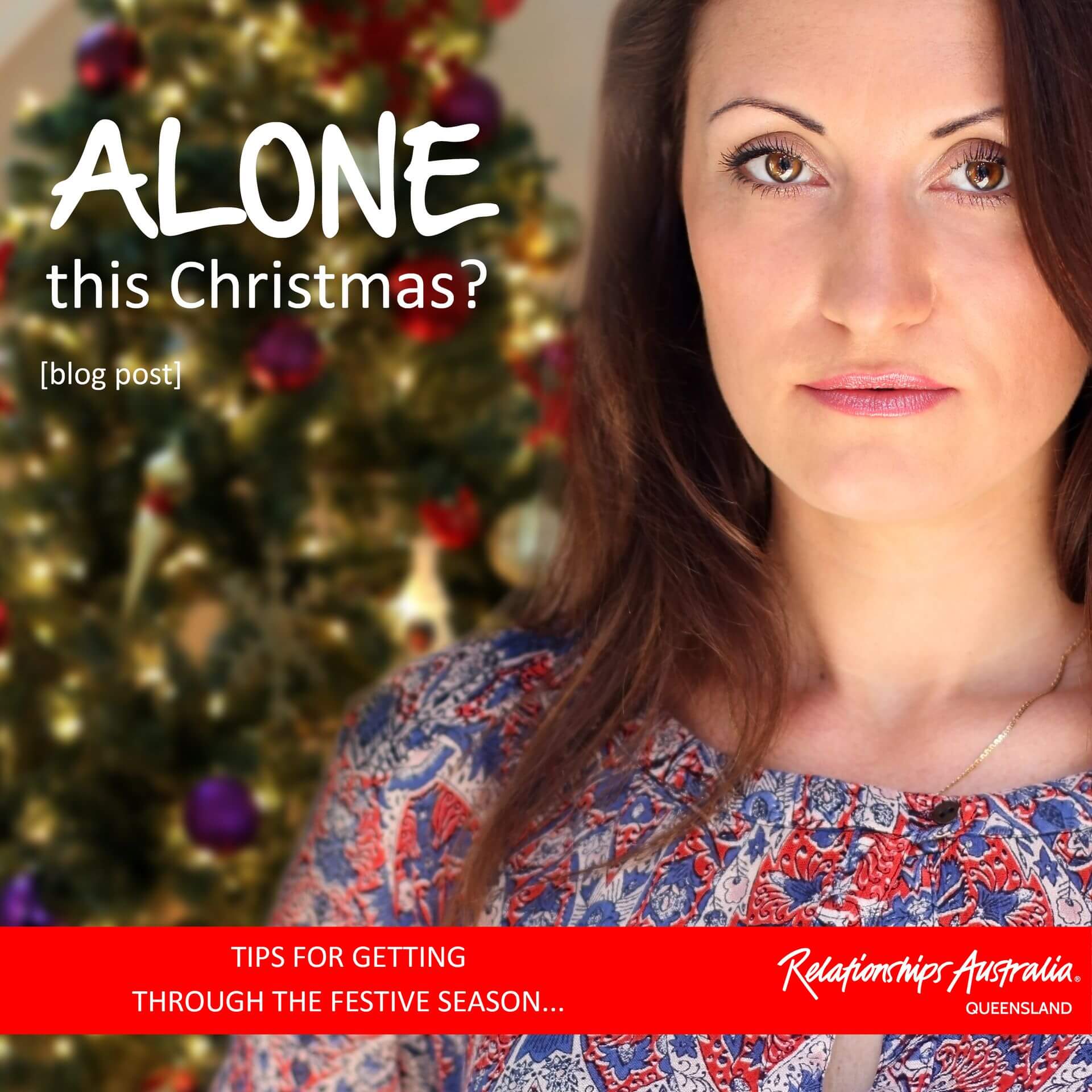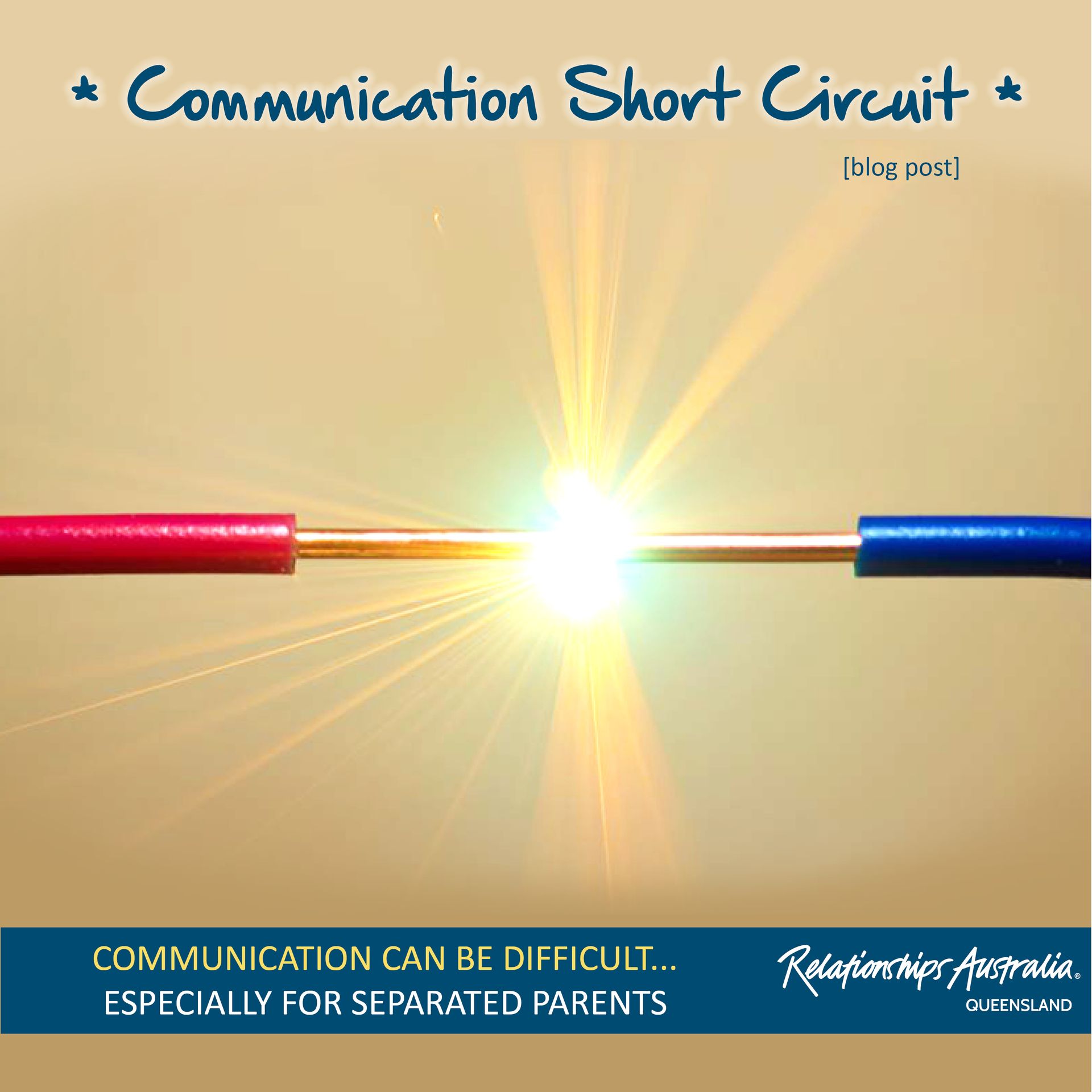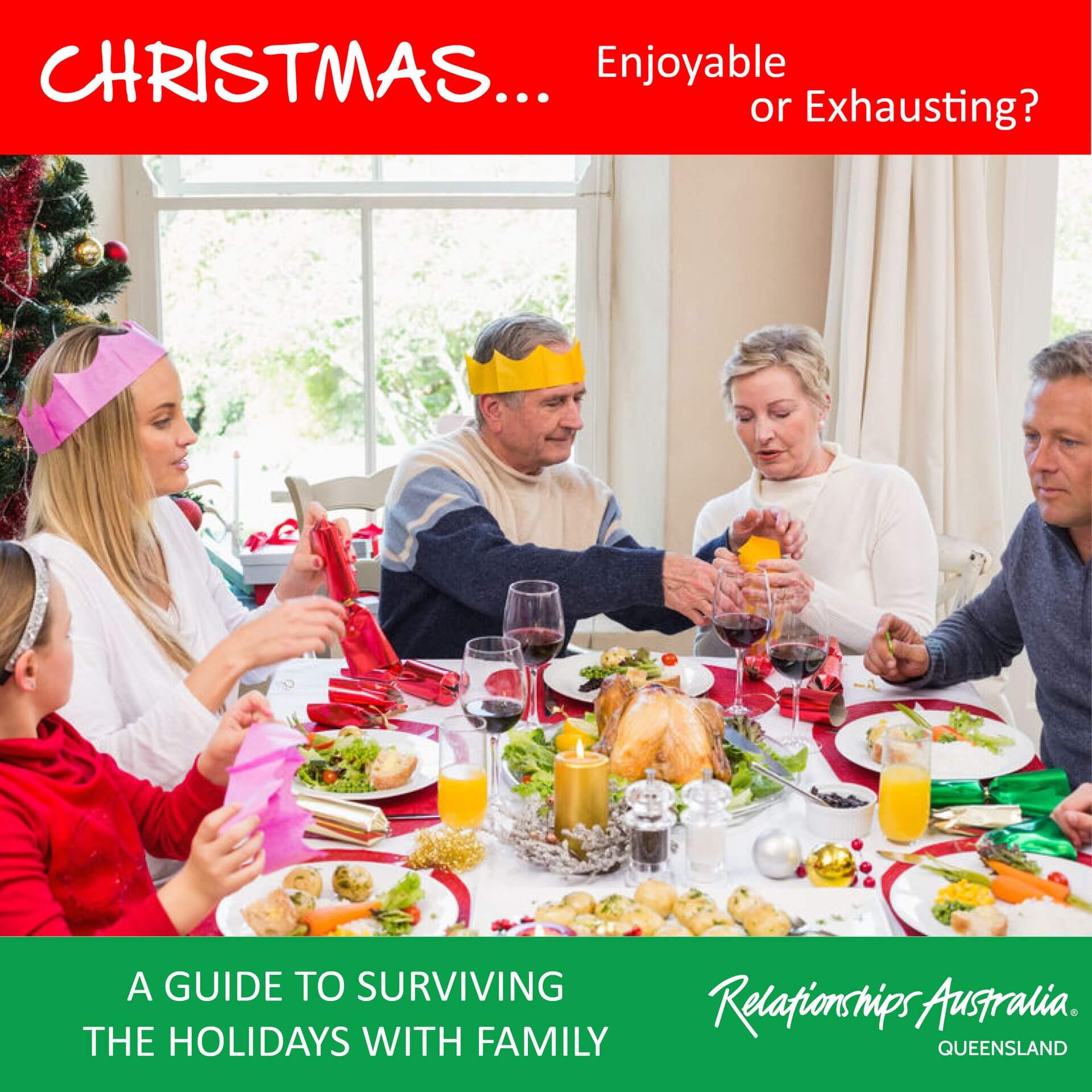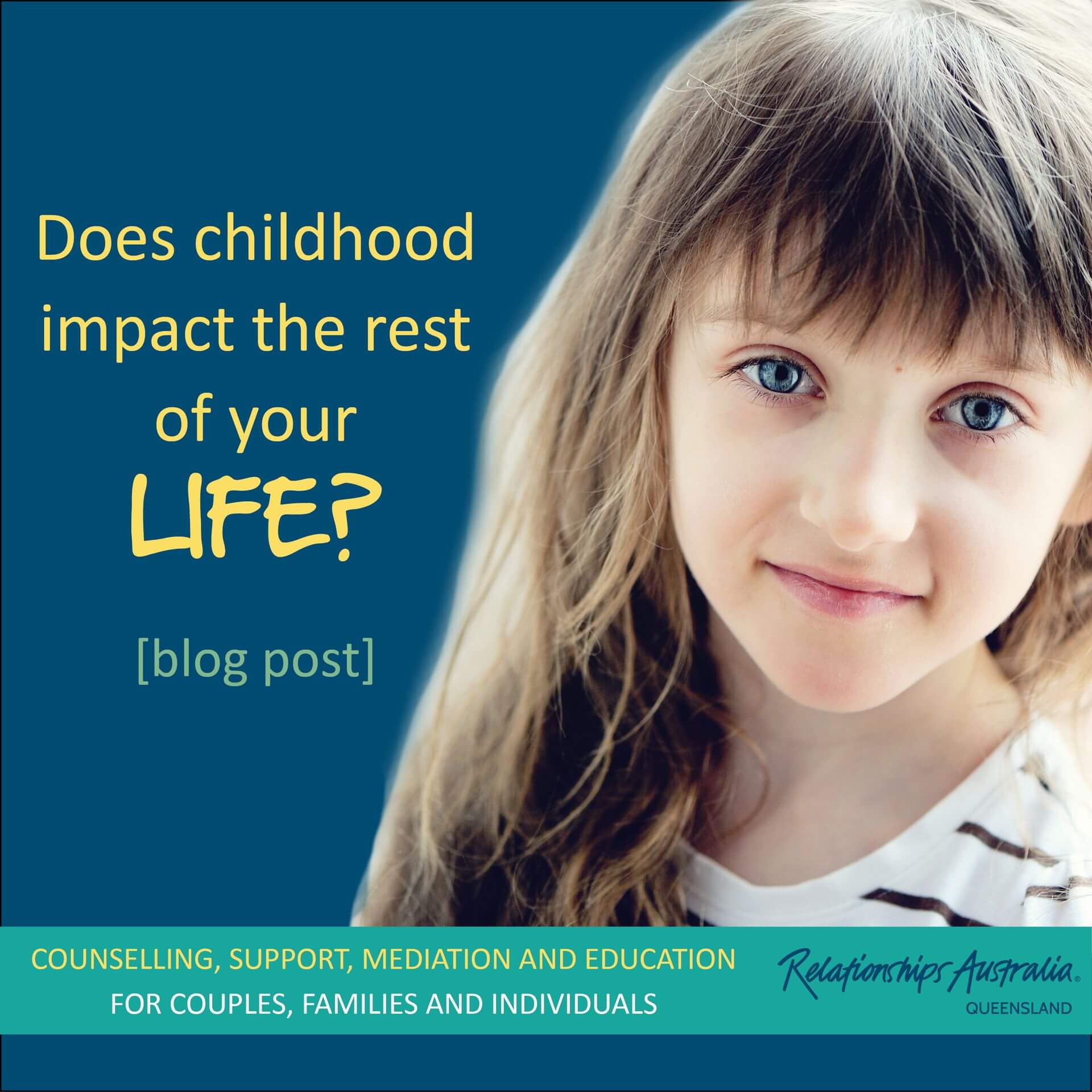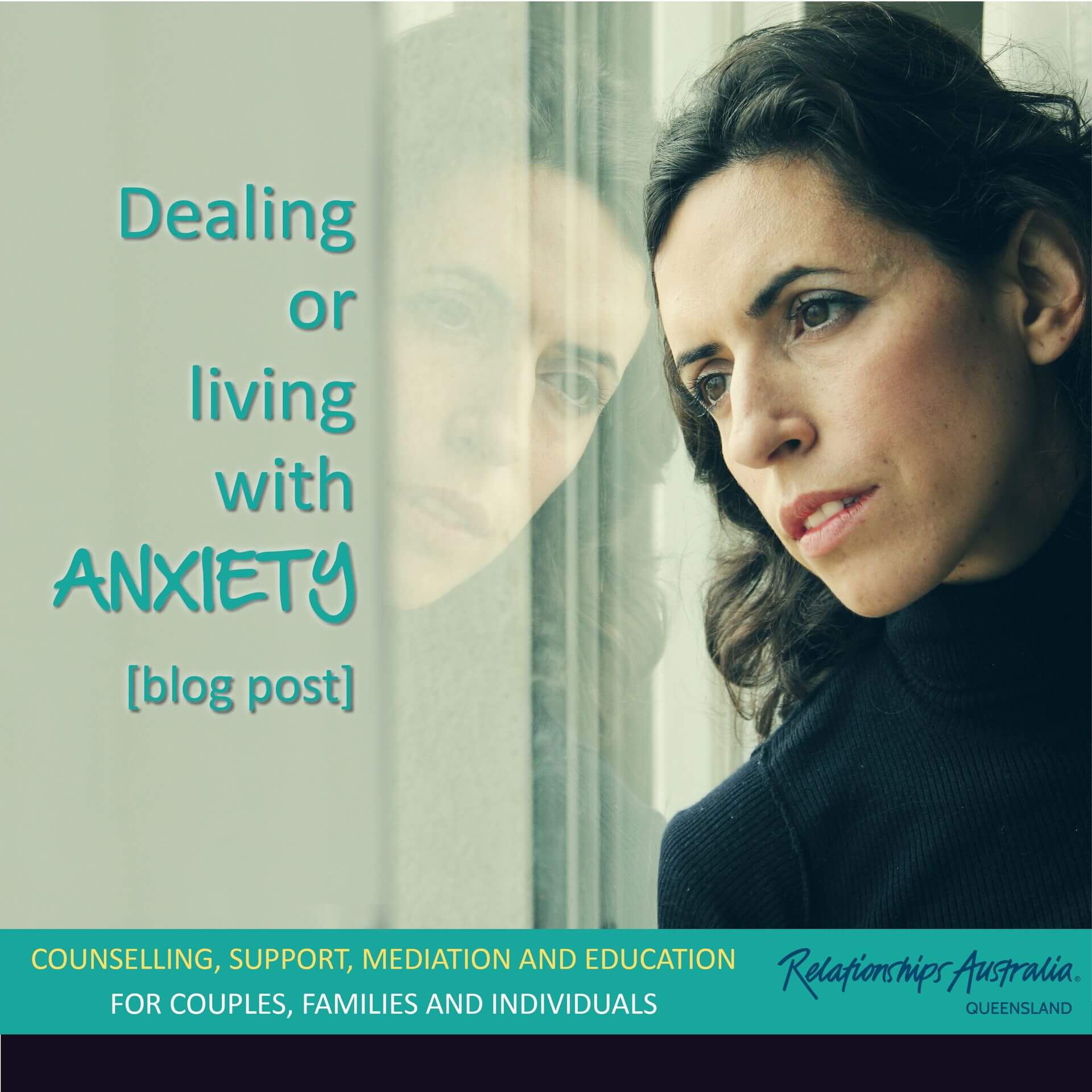With the recent Yabulu Nickel Refinery lay-offs, many members of our Townsville community are affected—with retrenched workers facing an uncertain future and worry, or even panic, about their family’s financial situation.
The pressures and insecurity facing these miners will be familiar to anyone who has been unexpectedly laid off, retrenched, or ‘made redundant’ from their job… and in addition to the financial impacts, we understand that the emotional consequences of job loss can also be extremely difficult.
The resulting stress of redundancy can tip a pretty healthy and functional relationship into one which is in trouble, and while these relationship issues tend to be after-effects, noticed long after the initial financial impacts are felt, they are extremely important to consider and address.
If you are facing redundancy, we encourage you to pay close attention to your relationship, and be reassured that there are several organisations, including Relationships Australia, who offer emotional support, counselling, and practical solutions for the range of impacts you may be facing. It’s important to know that Relationships Australia also offers fee reduction possibilities for clients facing financial hardship.
If you have been laid-off, we understand the full range of worries you may be having and seek to support you with decision-making, planning, and working through the complex range of emotions which may arise during this difficult time.
Examples of early worries:
- How will we pay our bills?
- Will we have to move house?
- Will the kids be able to stay in private school?
- Where will I find another job (especially when 237 others are also looking for work)
- Will we have to relocate to another town?
- Will we lose our private health insurance? What about my super?
This can be exacerbated in cases of large lay-offs, as the ability to find other work or sell a house is threatened by the situation when lots of others are in the same boat.
When you attend counselling, we can help you plan how to best cope with the financial uncertainty these situations cause.
Issues which can surface once the shock is over:
- Existential worries, such, as ‘How can I be a good parent/partner if I can’t provide for my kids/partner?’
- Embarrassment over the decrease in income and how it affects one’s lifestyle (no more great vacations, have to downgrade to a cheaper car, etc.)
- Embarrassment at an inability to pay outstanding bills in a timely manner
- The need to defer routine things formerly taken for granted, such as medical and dental visits, car servicing, etc.
- Stress associated with maxing out available credit to make ends meet.
These sorts of issues are common among those affected by job layoffs, and are best addressed in individual and couples counselling. As it can be difficult to access counselling during times of hardship, Relationships Australia (Qld) offers fee reduction for families with financial hardship.
Impact of job loss on the individual directly affected may include:
- Loss of self-esteem (can’t provide for the family, especially if the skill isn’t transferable to another job)
- Depression and anxiety
- Anger over the circumstances of the lay-off
- Decreased motivation
- Increase in unhealthy coping strategies including increased use of alcohol, drugs and gambling
- Loss of self-confidence and sense of self-worth
- These impacts may be heightened with older workers who may be less employable than their younger counterparts.
Stress, depression and anxiety are common following unexpected job layoffs. Although your GP should be consulted in significant cases of depression or anxiety, many people find that counselling can also be very beneficial. Trained counsellors can help develop better coping strategies which can assist in alleviating some of these symptoms.
Impact on the spouse/partner:
- May have to find a job, increase hours, or work two jobs to help out financially
- May resent the added pressure to help out, or the decreased time to focus on things previously important to him/her
- May feel distance from the partner which contributes to relationship tensions
- May resent having to relocate to another town.
Partners are in a unique situation, as they typically want to support and assist the person laid off, but may have their own set of individual worries and stresses. Individual counselling can often be helpful, and often is a short term rather than long term need.
Impact on the couple:
- Increase in stress and tension in the relationship
- More fighting, less sex, less ‘fun time’
- Less money to go out on ‘date nights’
- Unfairly placing blame on the other person (‘If you had been a better employee you wouldn’t have been one of the ones laid off’)
Relationships are difficult under the best of circumstances, and stresses such as job loss can really complicate even an otherwise stable relationship. Early intervention with couples counselling can be an essential part of the strategy to manage during such a stressful time.
Impact on the kids:
- Depending on their age and how much they know about the situation, they may have worries about what it means for them as a family. Can Johnny still play footy? Can Susie still take ballet? Can they still go out for dinner every Friday night?
- Distress at seeing conflict between parents.
- Generalised anxiety about what this job loss will mean to them individually as well as the family.
Services for the children, or for the family as a whole include family counselling, counselling for kids, and case management serves for families who are struggling as a whole. It is important not to underestimate the impact on children of any age.
If you have experienced hardship, loss, or struggle in any situation, we are here to help. Our programs cover a wide range of issues, and if there is a situation in which we cannot assist, we will do our best to direct you to someone who can. Please call us on 1300 364 277 for more information or to make a booking to talk with a counsellor.
